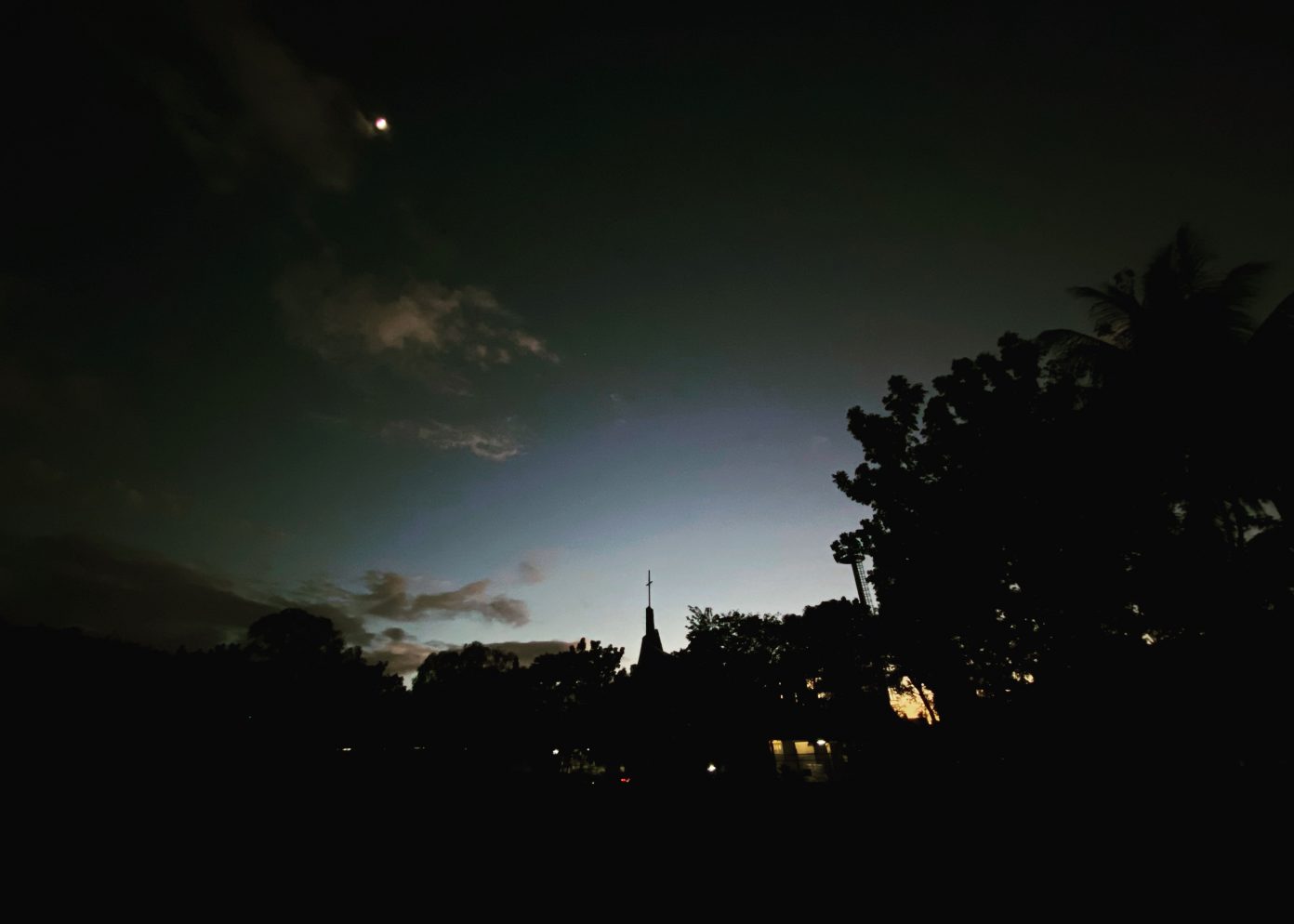For more than twenty months, our generation has been battered with the inexperience with and the loss of loved ones or friends from a pandemic of unprecedented proportions and unclear consequences for years to come.
This does not count with the usual natural calamities such as typhoons, storm surges and earthquakes whose unusual intensity we are attributing to climate change; or with the usual social inequalities that perpetuates poverty, unrest, conflicts and oppressive marginalization.
The ubiquitous question again arises: Is it the “end of time?” Though we are resilient enough to comprehend tragedies like these repeat themselves like the seasons, the past years seem to have been too much for us, that the litany of disasters to a culture steeped in superstition and ritualistic faith, is a foreshadowing of an inevitable Armageddon.
The “end of time” is just as intriguing as our own death. Enigmas that are rarely spoken beyond whispers, evoke disturbing existential concerns: What will happen when it comes? What will we feel when it comes? What lies beyond? It is a mystery that strikes at the very core of our humanity, because it alerts us to our fragility, to the inescapable reality that our humanity too will cease.
Everything that we see, feel and touch, all that we hear and listen to, everyone we love or hate, all that we cherish and cannot live without … will vanish. Not even a memory of what has been, or what we value more than life itself, will be left in that limbo that lies beyond.
Will it be darkness? Or light? I once had the uneasy experience of being stranded in a room in pitch-black darkness. What feeling can be more eerie than having your eyes wide open, but everything around you, is totally black. Not even a shadow, nor even a slight glimmer of light. It was as if my eyes were numbed to the senses. It was a horrifying glimpse at the reality of blindness, but the shivers are even more bizarre, thinking that we could all end up like this.
Are we really meant to fear the “end of time?” Or are we supposed to welcome it? Maybe it is not as dark and sinister as we think it is. And if we return to and remember with love what Jesus really meant to say in his time, maybe we will understand the true meaning of the Good News. Perhaps we will understand better its genuine consummation.
Jesus, “the Lord our justice … shall do what is right and just in the land.” He aspired for a world free from greed, love for power and prestige. A world of loving and caring for one another, a world in which no one is left behind. A world in which all are prepared to give oneself for another, like he did, “increasing and abounding in love for one another and for all.” And on the path to this unfathomable truth, he will guide us with “kindness and constancy.”
But it is a world we must continuously struggle for; our Lord forewarns, “Be vigilant at all times.” Many will be giving us the example of selflessness, but many others will be cowed down by the worldly virtue of self-attained success and excellence, and irredeemably preoccupied with “carousing and drunkenness.” Everyone will be trying to be the best they can be, yet inevitably at the expense of another. Our society is pulling us in the opposite direction from where Jesus would wish for us to go.
These will be the signs of the “end of time,” a day that shall come as a surprise, but more like a trap. Naturally, “people will die of fright in anticipation of what is coming upon the world,” but we may want to see this “ominous” event from a more positive lens: It will be a time when we are rendered brave enough to struggle towards more difficult directions, when selfishness and pride will end. It is a time when we are challenged to strive for the liberation of the oppressed and the upliftment of the forsaken. It is a time of full maturation, a time for the fulfillment of the reign of God.
Only until then, everything that we do now, is only a process towards the “end of time.” We are not called to simply wait for this time to come; we are called to actualize it. We are not called to simply turn away from evil, but to be more active in proclaiming the goodness in everybody, and showing that we can all still be good, in spite of our foolishness. There is nothing to fear in the “end of time;” we should actually welcome it.
Brother Jess Matias is a professed brother of the Secular Franciscan Order. He serves as minister of the St. Pio of Pietrelcina Fraternity at St. Francis of Assisi Parish in Mandaluyong City, coordinator of the Padre Pio Prayer Groups of the Capuchins in the Philippines and prison counselor and catechist for the Bureau of Jail Management and Penology.
The views expressed in this article are the opinions of the author and do not necessarily reflect the editorial stance of LiCAS.news.







